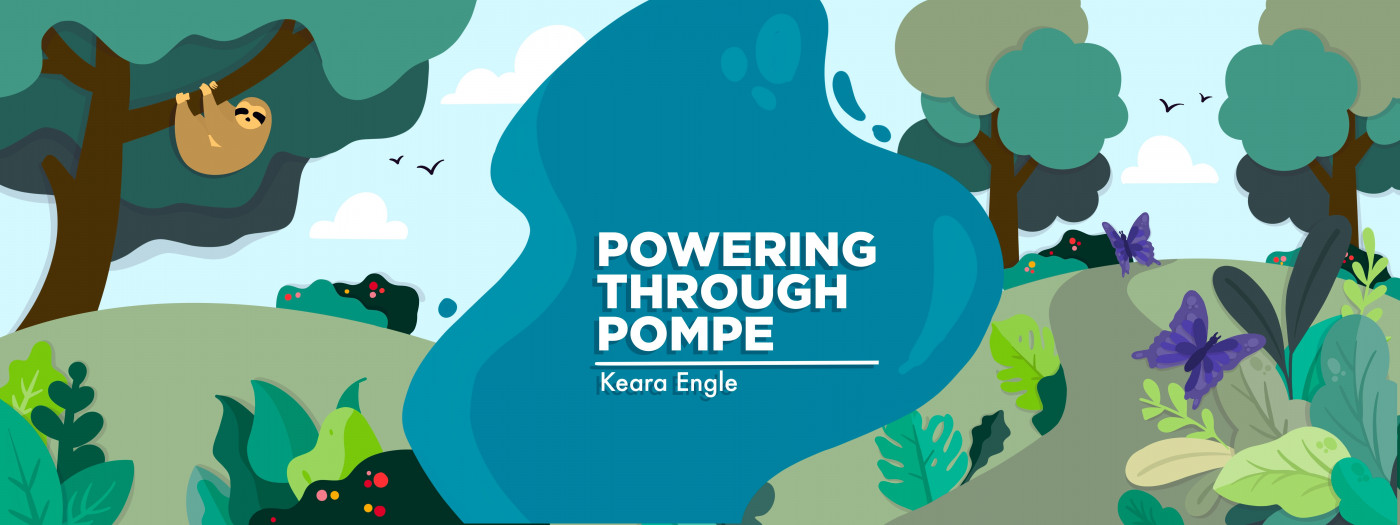Weighing the Unknowns of Family Planning
Written by |

One of the hardest things about being a special needs parent is all of the unknowns. Not knowing what tomorrow will look like makes planning things a bit difficult.
I am someone who likes to have plans set in stone. However, I’ve had to adjust, because the truth is I don’t know what the future holds for us.
When my son, Cayden, was diagnosed with infantile-onset Pompe disease in 2018, I didn’t think I’d ever want more kids. Trying to juggle everything alone is hard enough. Now that he’s older, though, I don’t discount that deep in my heart, I might want to have another child. Obviously, this isn’t something I plan to do anytime soon. But maybe one day when the time is right it can be a topic of discussion.
I struggle with this decision every time I think about it. One of the biggest reasons is that I can potentially pass down my faulty gene for Pompe disease to any child I have. Being a carrier for Pompe disease isn’t a huge deal. However, I know firsthand what can happen if two carriers have a child together. Every child they have will have a 25% chance of having Pompe disease. Because of this, I must be very careful with whom I have children.
Cayden’s doctors have advised me to have my partner complete genetic testing before planning to have a child together. This will help us figure out whether or not they carry the gene for Pompe disease.
The scariest part about that is, what if they are a carrier? Options are pretty limited in a situation like that. You can either have a child naturally and risk them having Pompe disease, or you can plan a pregnancy via in vitro fertilization (IVF).
While IVF is a great option, it’s also extremely expensive. Typically, insurance won’t cover the cost because it isn’t seen as a necessity. This angers me. Why do insurance companies get to decide what is necessary when it comes to family planning? Not everyone has the money to cover the cost of IVF.
Another thing that comes to mind about future children is their carrier status. Even if I have a child with someone who is not a carrier, I can still pass down my faulty gene. This would result in the child being a carrier as well. This also isn’t too big of an issue, but they’d need to keep it in mind if they plan to have children, too. Their partner would need genetic testing as well.
All of this really makes me wonder: Do I want my future children to be in the same situation I was in terms of genetic testing? Do I want them to go through the hassle of having their partners tested? Will they want to see a genetic counselor? Will Pompe disease affect my future children and their families like it’s affected us?
Lastly, I don’t know how Cayden would feel if he had a sibling, particularly if they are a “typical” child who doesn’t have Pompe disease. I worry that he will be jealous or sad as he watches them grow up. They’ll be able to do a lot more than him physically. When I try to put myself in that situation, I think I’d feel jealous.
With all of the unknowns, it worries me a little to think about the future. How can you plan for the future when you don’t even know what it looks like? I try to take life day by day so that I don’t become too overwhelmed. There’s no sense in stressing over the future when you aren’t even close to being there yet!
***
Note: Pompe Disease News is strictly a news and information website about the disease. It does not provide medical advice, diagnosis, or treatment. This content is not intended to be a substitute for professional medical advice, diagnosis, or treatment. Always seek the advice of your physician or other qualified health provider with any questions you may have regarding a medical condition. Never disregard professional medical advice or delay in seeking it because of something you have read on this website. The opinions expressed in this column are not those of Pompe Disease News or its parent company, Bionews, and are intended to spark discussion about issues pertaining to Pompe disease.






Marcia Matter
I found your article really interesting. It opens the door to others to discuss their future family planning. Something a lot of people won’t even think of. It also brought to my mind as to your siblings being tested. They too need to know if they are affected. Is there a way to find out which blood line it is passed down from? Your mother’s side? Your fathers side? And with so many branches in everyone’s ancestry it would seem to impossible to figure out. Well perhaps these questions will trigger another wonderful article from you.